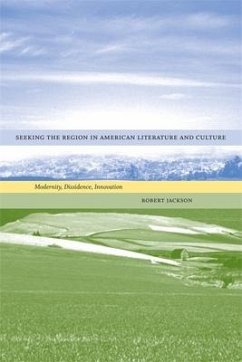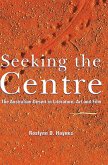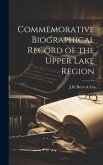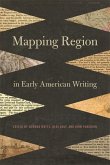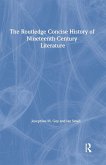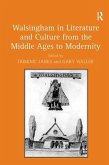Regionalism often evokes provinciality and an affiliation with minor literary genres, but Robert Jackson shows that region is an integral part of American identity, providing grounding for major independent voices. Jackson offers a new critical model of region that contributes to literary and cultural study across a wide range of topics. He addresses American literature since the Civil War with particular attention to Mark Twain, William Faulkner, Flannery O'Connor, and Toni Morrison. In advancing their own diverse aesthetic and social agendas--reactionary and progressive, theological and secular, gender-based, race-based, and above all, dissident--these writers, Jackson argues, articulate some of the most perceptive and innovative expressions of the American region in the literary history of the United States. He provides a regional reading of Twain's greatest novel, The Adventures of Huckleberry Finn, and explores Faulkner's work in problematic relation to the Depression-era Nashville Agrarian movement. O'Connor, he shows, transforms the region from a hothouse of sentimentality into a sharp, deadly weapon in her short fiction, and Morrison's brilliant appropriation of region enables her to fashion an aesthetic that is both race-conscious and endowed with revisionist agency. Jackson illuminates the importance of rethinking long-established assumptions and demonstrates the vast potential of the region in critical considerations of American literature and culture.
Hinweis: Dieser Artikel kann nur an eine deutsche Lieferadresse ausgeliefert werden.
Hinweis: Dieser Artikel kann nur an eine deutsche Lieferadresse ausgeliefert werden.

